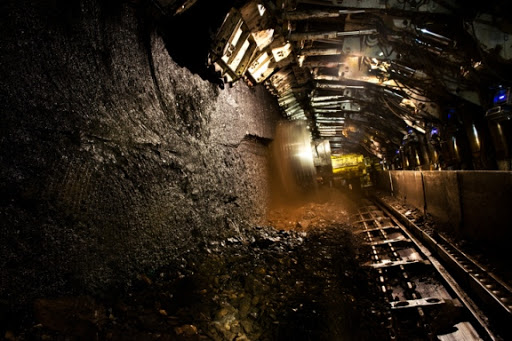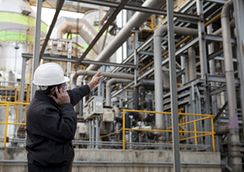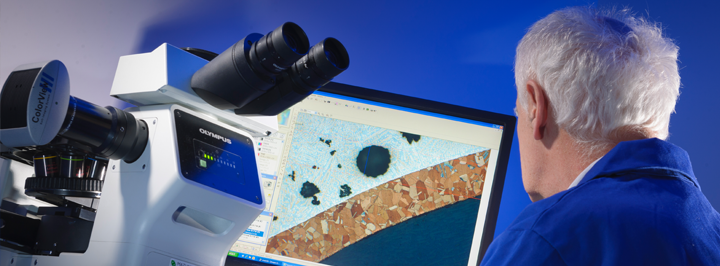

The course focuses on the fundamentals of corrosion as well as the potential problems caused by corrosion. It provides a review of the causes of corrosion and the methods for identification, monitoring and control. An understanding of corrosion and its control is vital for any company hoping to avoid the high costs that can directly or indirectly attribute to corrosion. This course also presents fundamental principles of corrosion and assists participants in recognizing corrosion problems, determining their causes, and understanding & selecting control methods. Emphasis is on the practical applications of corrosion technology to solve industrial corrosion problems. It focuses on the prevention of failures, the assessment of the state of damage in plant and equipment, and the use of failure analysis, inspection data, and operating history in predicting safe operating life or determining necessary remedial measures. Maintenance requirements, risk-based inspection (RBI) procedures, and the fitness for service (FFS) approach will be discussed along with the various mechanisms leading to damage and potential failure, mechanisms of accumulation, and predictive methods.
By the end of this course delegates will learn about:
Corrosion Control Engineers & Personnel, Process Engineers, Metallurgists, Inspection Personnel, Mechanical Engineers, Material Selection Personnel, Plant Contractors, Operations Engineers, Team Leaders & Supervisors, Maintenance Supervisors, Senior Plant Supervisors, Mechanical Engineers, Corrosion Control & Monitoring Systems Personnel, Oil and Gas Production Facilities Personnel, Chemists, Chemical Engineers, Technicians and Supervisors, New Petroleum Engineers, Asset Management Personnel, Design & Construction Engineers, Team Leaders & Coordinators, Construction Coordinators, Maintenance Engineers, Technologists, Maintenance Team Leaders & Engineers, Personnel who are / will be responsible for detecting, inspecting, monitoring, controlling corrosion in oil and gas piping, pipelines used in production operations and Personnel responsible for metallurgy, corrosion or the prevention of failures in plant and equipment
Introduction
Metallurgy
Introduction to Steel
Physical and Mechanical Metallurgy
Review of Nonferrous Alloys and Stainless Steels
Materials and Metallurgy
Welding Metallurgy
Non-Destructive Examinations
Electrochemical Principles & Forms of Corrosion
Corrosion by Water & Steam
Atmospheric Corrosion & Cathodic Protection
Introduction to Protective Coatings
Inhibitors & High Temperature Corrosion
Failure Prevention & Prevention & Predictive Maintenance
Mechanical Integrity
CDGA attendance certificate will be issued to all attendees completing minimum of 80% of the total course duration
| Code | Date | Venue | Fees | Register |
|---|---|---|---|---|
| FAC134-02 | 13-04-2026 | Istanbul | USD 5950 | |
| FAC134-03 | 20-09-2026 | Cairo | USD 5450 | |
| FAC134-04 | 02-11-2026 | Kuala-Lumpur | USD 5950 |

The first step in safety and reliability of refinery equipment is identifying, understanding, preventing the relevant fail¬ure mechanisms. Corrosion is the primary cause of fail¬ure of components in t ...

This training course is designed to give a semi-detailed discussion of Metallurgical failure analysis in order for the course material to suit participants with or without a metallurgical background. ...
Providing services with a high quality that are satisfying the requirements
Appling the specifications and legalizations to ensure the quality of service.
Best utilization of resources for continually improving the business activities.
CDGA keen to selects highly technical instructors based on professional field experience
Since CDGA was established, it considered a training partner for world class oil & gas institution
3012, Block 3, 30 Euro Business Park, Little Island, Co. Cork, T45 V220, Ireland
Mon to Fri 09:00 AM to 06:00 PM
Contact Us anytime!
Request Info